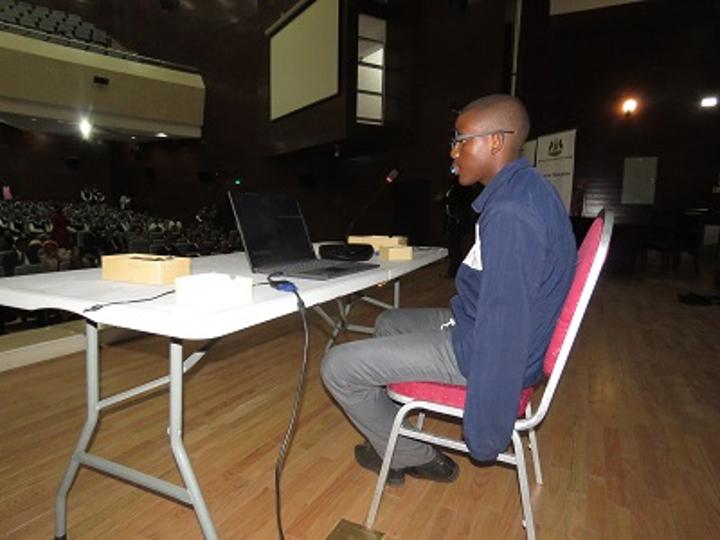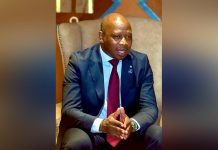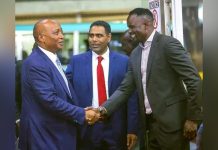Africa-Press – Lesotho. The Ministry of Education and Training (MoET) launched a Lesotho Inclusive Education Policy (LIEP), which will allow every person including disabled people the right to education.
MoET Manager SpecEducation Unit ‘Mapaballo Setlaba, said the unit was established in 1991 having been influenced by a study that was conducted wherein one of the
recommendations was to establish the unit in the ministry. She added that the ministry was expected to integrate learners with special education needs and later the ministry realized that the integration is not
serving special education learners’ needs, which led to the introduction of LIEP. “Now the LIEP is supported with resources that will help the learners.
We have 8 integrated primary schools and 5 special schools which are serving learners with special education needs and so far there are no special central schools,” she said.
MoET Basic Principal Secretary Dr. Neo Liphoto said the principle of inclusive education is that all children should have the opportunity to learn together.
He therefore noted that teachers should rethink what they are doing[TM1] and think of strategies that will be inclusive when teaching. “We have to use methods that reach everyone not just a selected few and this again
says to us, our curriculum and its totality whether it be teachers or facilities, they have to be such that they can be accessed by everybody. This is being done by the time the government of Lesotho is building schools with
the aim that every Mosotho child should go to school,’’ he said. He added that as the government, they are working to achieve the objective of education for
all. Lesotho National Federation of Organizations of the disabled (LNFOD)’s Representative Nkhasi Sefuthi said for a long time children with disabilities have been
excluded in various ways in the country’s education sector because of lack of finances or the budget to cater for their needs. He noted that in the past,
people did not believe that people with disabilities have the ability and capacity to contribute to the growth of the economy. Therefore they were not
given an opportunity to participate effectively in the growth of their country. “We are hoping that with this policy, we will realize a shift from a situation whereby learners with disabilities were considered to be special and therefore denied the right to education,” said Sefuthi. [TM1]quote






